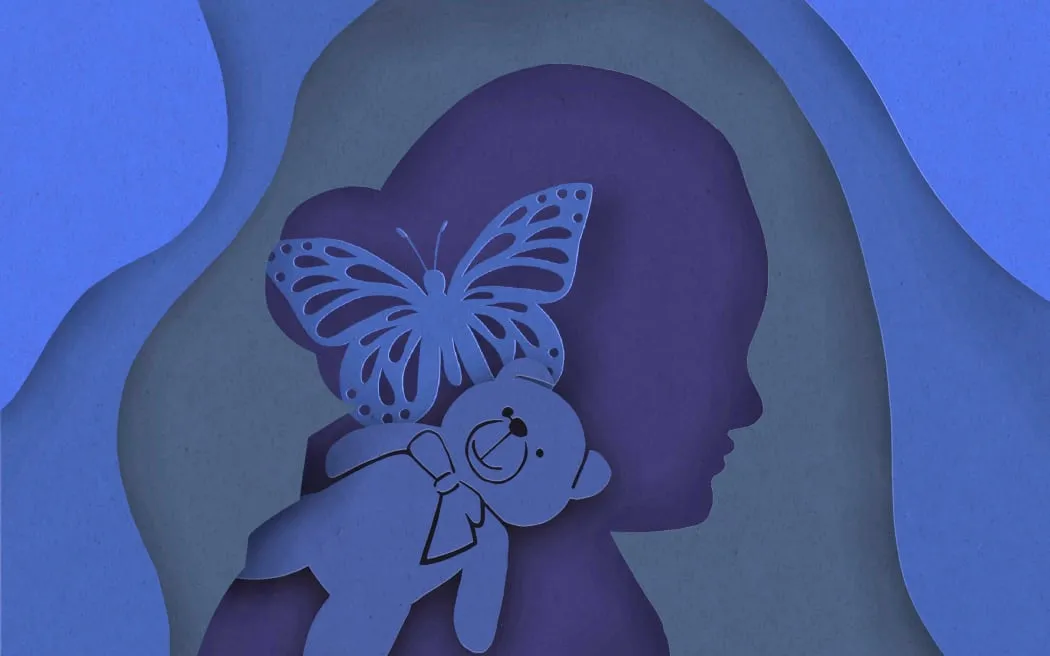Evidence of seclusion at Oranga Tamariki facility Hikitia Te Wairua is ‘shocking’ – Children’s Commissioner Claire Achmad.
The use of seclusion in care facilities for children and young people is a major concern, according to the Children’s Commissioner. Dr Claire Achmad has released a report on the use of seclusion at Oranga Tamariki facility Hikitia Te Wairua.
Seclusion was used as a means of discipline in some cases and also as a way to isolate children who were considered difficult to manage.
Dr Achmad said that she had visited the facility 12 times before being allowed to see the reports on seclusion, which is “shocking”. The facility admitted to holding children in seclusion for over 10 years without any proper assessment or intervention.
Hokitika Te Wairua was established as a special place to provide care and support to mokopuna (children) who had complex needs. However the facility has been criticized for its use of physical restraints, including seclusion, and its lack of therapeutic de-escalation techniques.
Dr Achmad said that children and young people should not be held in seclusion at all, as it goes against their human rights. “We are clear in our report that no young person should be held in seclusion at any time,” she said.
The Children’s Commissioner called for a whole of system approach to address the issue of seclusion in care facilities. She recommended an urgent review of the use of seclusion, as well as a plan to reduce its use and eliminate it altogether.
Dr Achmad also highlighted the need for comprehensive training for staff at care facilities. “Staff must be given comprehensive training,” she said.
Achmad said that Hikitia Te Wairua had made some progress since March this year when no children or young people had been held in seclusion at the facility. However, Dr Achmad wants to see continued action taken to ensure that children and young people are safe and not isolated as a means of discipline.
The report also calls for an urgent review of the use of adult in-patient wards to treat mokopuna. The report recommended creating a therapeutic de-escalation area for mokopuna, as well as providing comprehensive training for staff at care facilities.
Seclusion is a major concern in New Zealand’s child protection system. In 2020, an independent review found that seclusion was used on adults in mental health care settings. The report also recommended the elimination of seclusion from these settings by 2020.
The Children’s Commissioner has called for greater transparency and accountability in the use of seclusion in care facilities. “We need to keep central here the fact that no young person should be held in seclusion at any time,” she said.
Dr Achmad also highlighted the need for data collection and analysis on restraint and seclusion in care facilities. The watchdogs had found insufficient data on this issue, which has made it difficult to assess the extent of the problem.
The Children’s Commissioner has accepted 12 recommendations from her report, including reducing the use of seclusion and improving training for staff at care facilities. She is hopeful that these recommendations will be implemented in a timely manner.
“We are pleased that the government agencies involved here have accepted all of our 12 recommendations,” Dr Achmad said.
The Children’s Commissioner emphasized the need for a whole of system approach to address the issue of seclusion in care facilities. “I am really pleased that the government agencies involved here have accepted all of our 12 recommendations that we have made in this report … they are being progressed,” she said.
Dr Achmad also highlighted the importance of human rights in addressing the use of seclusion in care facilities. “We need to keep central here the fact that no young person should be held in seclusion at any time, it goes against their human rights – the UN has been very clear,” she said.
The Children’s Commissioner emphasized that the goal is to ensure that children and young people are safe and not isolated as a means of discipline. “And so I am calling for a whole of system approach here, so they we never have young people held in seclusion, in places where they are deprived of their liberty,” she said.
The report highlights the need for greater transparency and accountability in the use of seclusion in care facilities. Dr Achmad emphasized that the goal is to ensure that children and young people receive a safe and supportive environment in which they can thrive.
“The aim is to find alternatives to the use of seclusion,” she said.
Dr Claire Achmad released her report on the use of seclusion at Oranga Tamariki facility Hikitia Te Wairua. The report calls for an urgent review of the use of seclusion, as well as a plan to reduce its use and eliminate it altogether.

0 Comments